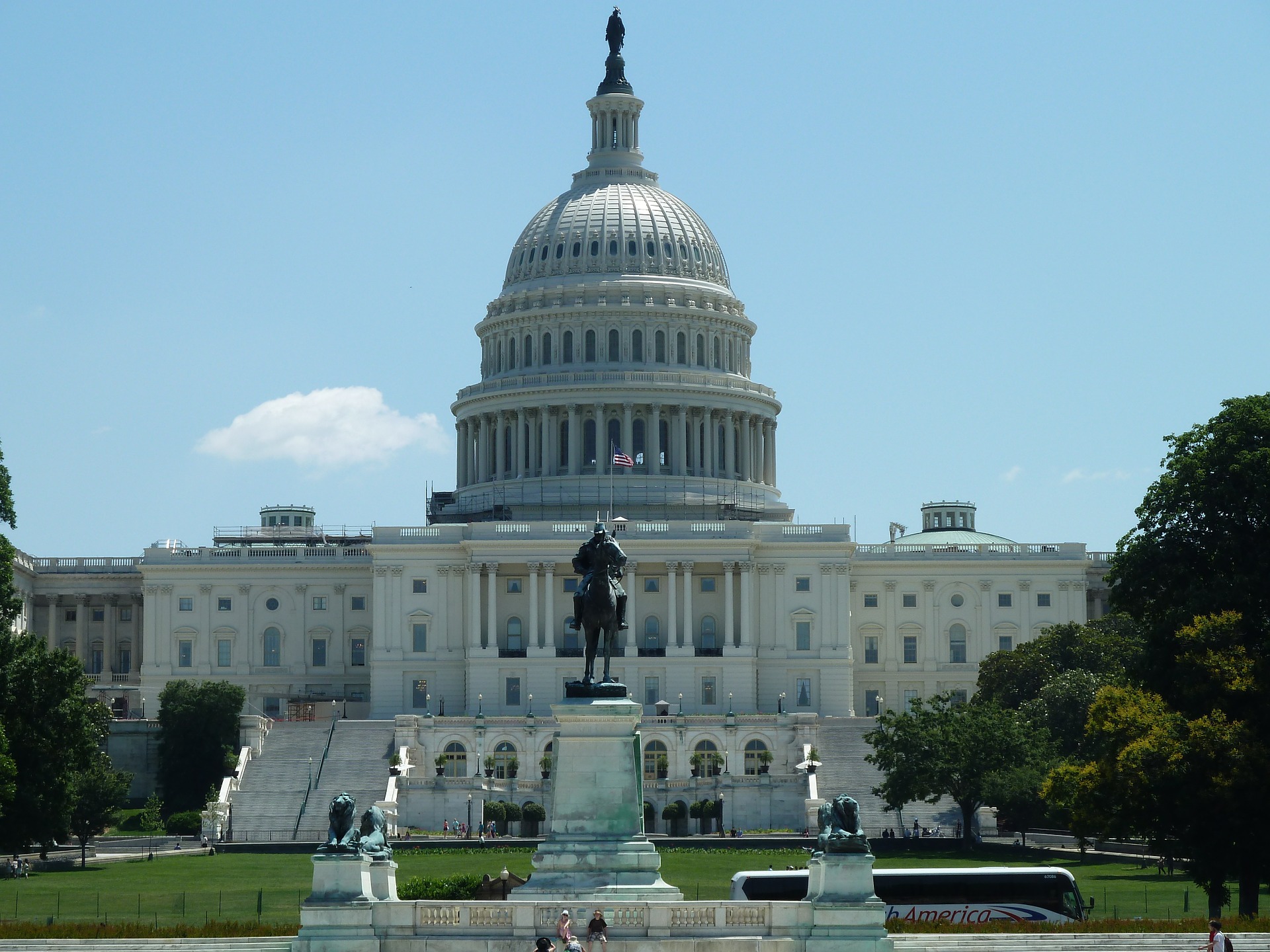Looking to boost public Wi-Fi, FCC will reclaim more spectrum
Continuing its push for ubiquitous broadband access across the U.S., the FCC said it wants to increase Wi-Fi speeds in airports, convention centers and other public gathering places where download speeds can be slow to non-existent.
“When you see how much more video wants to travel over Wi-Fi, we are announcing today plans to free up a substantial amount of spectrum for Wi-Fi to relieve the Wi-Fi congestion at conferences and at air ports and ultimately at home," Commission chairman Julius Genachowski said.
At the CES 2013 event in Las Vegas last week, Genachowski said that the agency wants to free up 35 percent more unlicensed spectrum in the 5GHz band beginning in February in order to improve Wi-Fi service speed and the delivery of HD video. It would be the largest block of unlicensed spectrum to be made available for expansion of Wi-Fi since 2003, the FCC said.
"As this spectrum comes on line, we expect it to relieve congested Wi-Fi networks at major hubs like convention centers and airports," Genachowski said. "It will also help in homes as tablets and smartphones proliferate and video use rises.”
Across the country, in places like Kansas and New York City, access to free public Wi-Fi is a growing trend that helps make communities more attractive to business and consumers.
In what’s become a highly anticipated annual event, Gary Shapiro, the president and CEO of the Consumer Electronics Association, interviewed Genachowski onstage and introduced him as “the spectrum chairman.”
“On behalf of the industry, I appreciate your focusing on spectrum and the dire need for spectrum,” Shapiro said.
Genachowski said the government recognizes that some broadcasters would rather the auctions not go forward, “But we need to do this for the country. It doesn't make sense in New York to have 28 full power licenses."
He also said that once the incentive auction process is complete and the broadcast spectrum is repackaged, there would continue to be “white space” between DTV channels that could be used or unlicensed transmission devices (like wireless routers and home and business networks).
Get the TV Tech Newsletter
The professional video industry's #1 source for news, trends and product and tech information. Sign up below.
